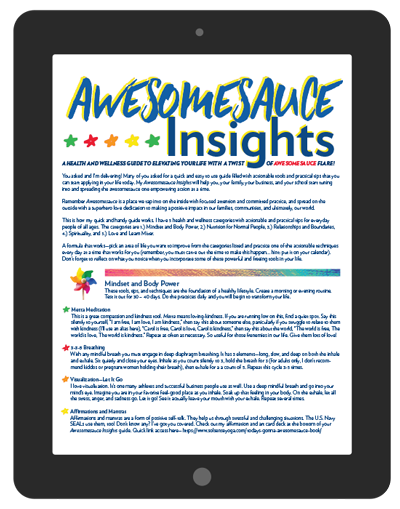Privilege. It’s not really an icebreaker at a party. And, no, I’m not talking about the “privilege” of say, having a nice dinner with your family.
I’m talking about the thing no one ever wants to talk about, especially when we find ourselves standing in a room of white, black, and brown people and see that the white person may get serviced first or doesn’t seem to struggle with getting a questionable look from fellow onlookers.
I imagine for many of us (white people), it’s likely we don’t really think about that – getting serviced first or having someone raise their brow at us on a what may feel like a daily basis.
It doesn’t matter where you are getting service (or the eyebrow raise) as the service can be anything from the restaurant, tire shop, coffee bar, job interview, grocery store or police wave instead of raid on your local neighborhood street.
I mean it’s 2019, we are heading in the right direction with race relations and equal/equitable opportunity! Right?! While I do believe that to be true, I also believe that’s only part of the story. It’s complex.
And… well,
I’m white. You are white. For my black and brown friends reading this, hang tight.
Privilege wasn’t on my mind with such intensity as it is now.
After teaching and implementing a mindfulness curriculum at a primarily black and brown school in a low socio-economic area of H-town for several years, teaching and interviewing hundreds of black and brown kids caught in the juvenile justice system, mentoring many of them, and having real, uncomfortable conversations with some people near and dear to my heart, my level of presence of how privilege plays out in our world led me to share this with you.
As a white woman that grew up with intergenerational financial and family struggles, I’d like to think I’ve been fairly conscientious about race and the struggles our black and brown brothers and sisters still face. In my college days, I was an activist. I stood for all people.
But, not once did we dive into the messy and uncomfortable conversations about race and privilege.
There was that time I worked with white and black women on a local community radio show we called The Women’s Collective. It was short-lived. When things got sticky and hairy, just to the point where I thought finally we can begin some deep healing, the group fell apart.
I’m sure there are many reasons why the group fell apart. One of them – privilege.
It was unspoken. And, it was deeply felt. It caused fissures in the relationships. Not on purpose either. Race and privilege are hard conversations and, I don’t mean the surface level stuff.
To my white friends reading this, it’s time to shift the conversation.
I’m not pointing fingers or blaming or being mean. If I did that, I would be unkind and way out of my value system with integrity at the center. I’m not interested in that and I don’t teach or stand for that.
What are we shifting exactly?
Our perspective and our presence.
Often privilege isn’t talked about because there’s a lack of awareness and presence to the issue from some of the parties to the relationship. What’s obvious to you may not be obvious to me.
I see the glass half full and you see the glass half empty. It’s a classic case of “conflict of truths”.
I want to dive into this a little more deeply with you.
This week on the podcast we take a look at the struggles black (and brown) students are still facing today, particularly in low socio-economic parts of our city. Yes, struggles still in 2019.
We dive into generational poverty, implicit bias, and negative self-talk that can be quite debilitating to many of our students today, especially our black and brown students that come from low socio-economic backgrounds.
And, yes, I know that negative-self talk is an issue we all struggle with, but there’s a level of such a deep-seeded pattern of negative self-talk in the black and brown communities, that it’s time to shed some light on the issue in the world of education. How do we shed light on it?
Mindfulness does more than bring to light a calmer way of being. It has a way of bringing up deep issues we may be afraid to discuss openly and gives us the courage to give them the space they deserve. It gives them the space to breathe, be heard, and heal.
My guest, Marissa Ford, is a second-grade teacher in the Houston Independent School District and currently teaches at Shadydale Elementary. We also take a look at how mindfulness can play a positive role in bringing presence to this issue and giving students (and teachers) tools to create a more empowering story for themselves and their families.
You can listen to the Mindful Living with Athea Davis podcast by clicking here => Podcast.
As we become more present to our thoughts, sensations, and feelings with mindfulness practices, let us also become more present to privilege and the role it still plays in our society.
Because when we are aware of it, we can transform it by taking helpful social action (thank you Zen Master Reb for that helpful phrase) to empower others to be part of something greater. No privilege needed.
XO ~


